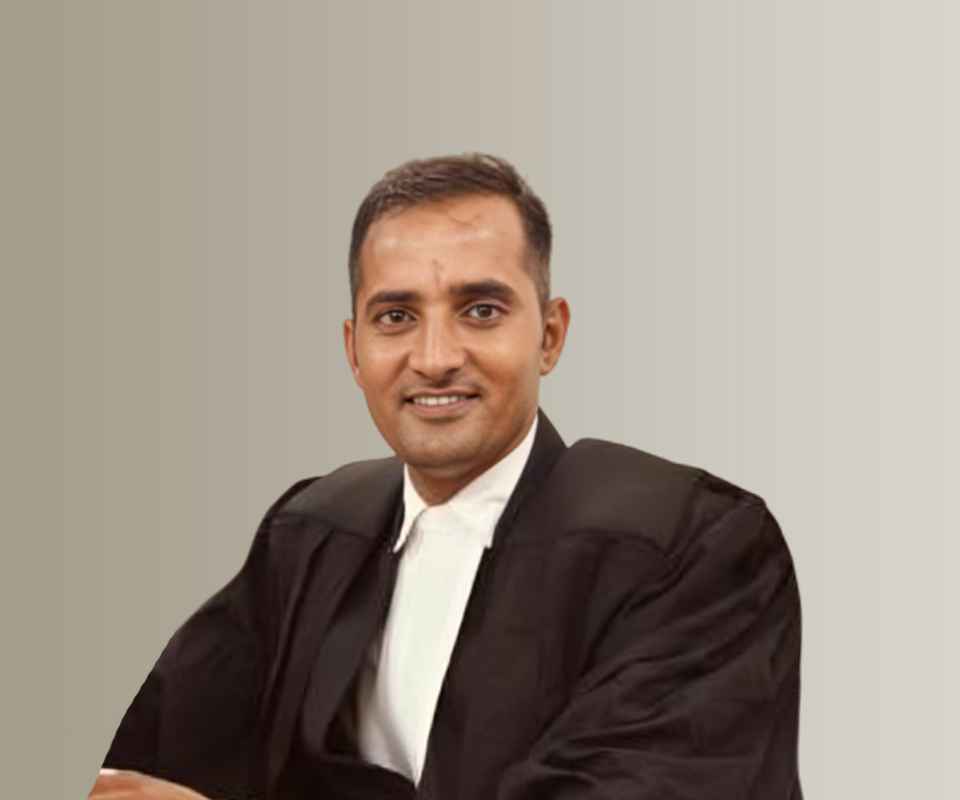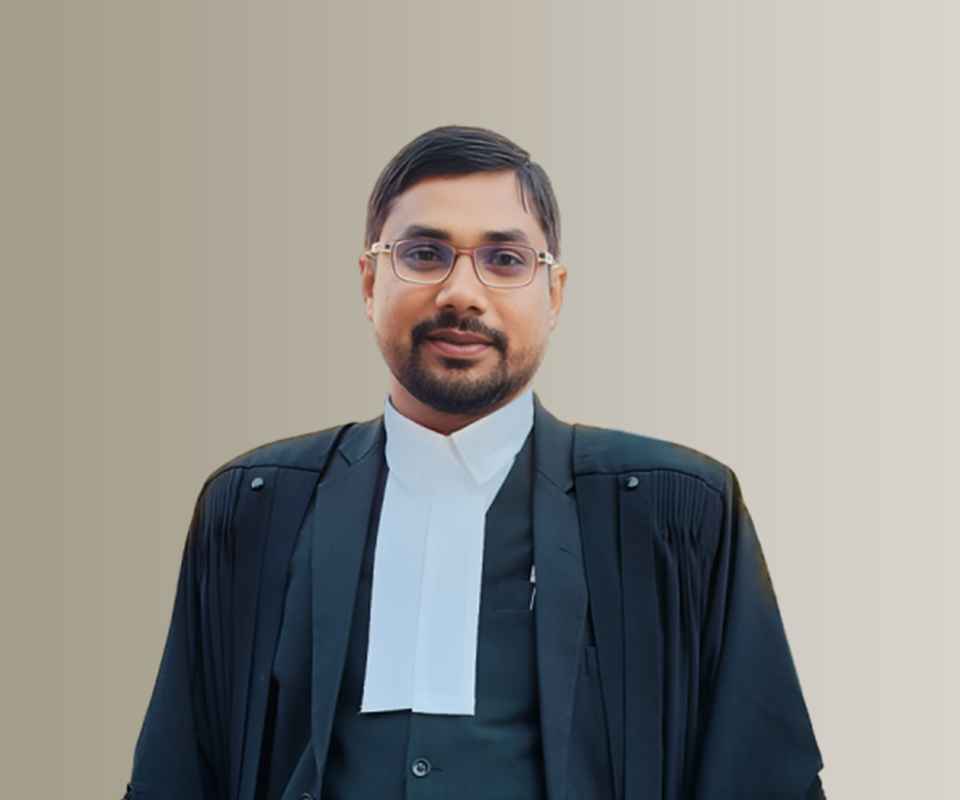Answer By law4u team
Under the Maintenance and Welfare of Parents and Senior Citizens Act, 2007, senior citizens who are unable to support themselves financially have the right to claim maintenance from their children or relatives. While the Act mandates that children or relatives provide adequate maintenance, the specific amount awarded is not fixed by law and can vary based on several factors. The Maintenance Tribunal plays a key role in determining the appropriate amount, taking into account the needs of the senior citizen and the financial capacity of the person required to provide maintenance.
Monetary Limit for Maintenance
1. No Fixed Monetary Limit:
The Maintenance and Welfare of Parents and Senior Citizens Act, 2007 does not prescribe a specific or fixed monetary limit for the maintenance amount. Instead, the Maintenance Tribunal is given the discretion to determine the amount based on various factors that reflect the needs of the senior citizen and the ability of the children or relatives to provide financial support.
2. Factors Influencing the Maintenance Amount:
While there is no explicit limit, the tribunal considers several factors when determining the appropriate amount of maintenance:
- Needs of the Senior Citizen: The tribunal assesses the basic needs of the senior citizen, including food, shelter, clothing, healthcare, and other daily requirements. If the senior citizen has medical conditions or specific needs, the maintenance amount will be adjusted accordingly.
- Financial Capacity of the Respondent: The person who is being asked to provide maintenance (typically the children or relatives) must have the financial capacity to pay. The tribunal considers the income and financial condition of the respondent, such as their salary, property, and assets. The maintenance amount is likely to be higher if the respondent has substantial income or resources.
- Standard of Living: The tribunal also takes into account the senior citizen’s previous standard of living. If the senior citizen lived a comfortable life before, the maintenance amount will likely reflect that, ensuring they do not suffer a drastic reduction in their quality of life.
- Ability to Pay: The tribunal ensures that the maintenance amount is not an excessive burden on the person providing it. The amount should be reasonable, based on their capacity to pay without compromising their own financial well-being.
- Other Circumstances: The tribunal may also consider other factors, such as whether the senior citizen is capable of self-support, the nature of the relationship with the respondent, and any past history of neglect or abuse.
3. Minimum Maintenance Amount:
Although there is no fixed limit, the Act does specify a minimum maintenance amount. According to the provisions of the Maintenance and Welfare of Parents and Senior Citizens Act, the tribunal must ensure that the amount is not less than ₹10,000 per month (as per amendments and rulings) for the maintenance of senior citizens, depending on the financial situation.
4. Maximum Maintenance Amount:
While the Act does not define an upper monetary limit for maintenance, it allows for flexibility, considering the financial capacity of the person required to provide maintenance. In practice, the amount could be higher if the respondent has significant resources or income. However, this is subject to the discretion of the tribunal.
5. Modifications to Maintenance Amount:
If the financial situation of the senior citizen or the person providing maintenance changes significantly, either party can request a modification of the maintenance amount. For instance, if the senior citizen’s medical condition worsens or the person providing support experiences a sudden drop in income, the tribunal can adjust the maintenance amount accordingly.
Example:
Mr. Kumar, a 75-year-old senior citizen, filed a maintenance claim against his son, requesting financial support for his medical expenses and daily needs. After considering Mr. Kumar’s medical reports and his son’s financial capacity, the Maintenance Tribunal ordered a monthly maintenance of ₹12,000. This amount was based on Mr. Kumar’s healthcare needs and his son’s stable income. However, if Mr. Kumar’s condition worsened, he could request an increase in the maintenance amount, and the tribunal would reassess the situation based on the new circumstances.
Conclusion:
The Maintenance and Welfare of Parents and Senior Citizens Act, 2007 does not set a strict monetary limit for the maintenance amount to be awarded to senior citizens. Instead, the Maintenance Tribunal has the discretion to determine the amount based on various factors, including the senior citizen’s needs, the financial capacity of the person providing maintenance, and the standard of living enjoyed by the senior citizen prior to their claim. While the Act specifies a minimum maintenance amount of ₹10,000 per month, the amount can vary and be adjusted depending on the specific circumstances of each case. Ultimately, the goal is to ensure that senior citizens receive adequate financial support and that the amount is reasonable and fair for both parties involved.







